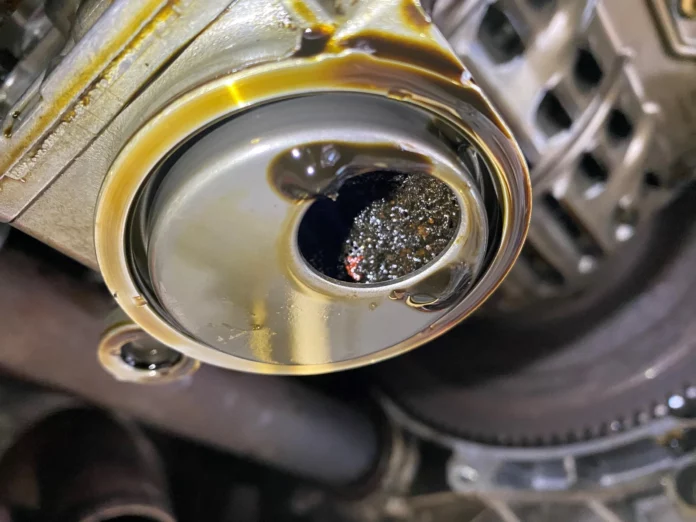In a legal battle that pits consumers against automotive giant Ford Motor Co., the stage is set for a high-stakes showdown over alleged defects in EcoBoost engines. Ford is now pushing for the dismissal of a proposed class action lawsuit, asserting that the claims lack readiness for judicial intervention.
EcoBoost Oil Pump Suit Not Ready For Courts : Lack of Ripeness
Ford contends that the lawsuit lacks ripeness, emphasizing that none of the class members have availed themselves of a recall related to the EcoBoost engines. The recall, initiated by Ford after the filing of the lawsuit, offers remedies such as replacement parts and reimbursement for affected engines. According to Ford, until plaintiffs engage with the recall process, the case remains premature for judicial adjudication.
EcoBoost Oil Pump Suit Not Ready For Courts : Defining the Alleged Defect
Central to Ford’s argument is the alleged vagueness of the complaint. The automaker asserts that the plaintiffs fail to precisely identify the defect, instead describing only its symptoms. Ford characterizes this approach as an attempt to define a defect through its effects, deeming it insufficient for legal proceedings.
Warranty and Magnuson-Moss Act Claims
Ford further challenges warranty claims, pointing out that most alleged incidents occurred after the expiration of the 60,000-mile warranty. This, according to Ford, undermines the basis for warranty-related allegations. Moreover, Ford argues that the Magnuson-Moss Warranty Act claims lack merit due to insufficient named plaintiffs, falling short of the Act’s requirement of 100 named plaintiffs.
State-Specific Challenges
The legal battle extends to state-specific claims, with Ford contesting assertions under the Michigan Consumer Protection Act and the Texas Deceptive Trade Practices-Consumer Protection Act. Ford asserts that Michigan case law excludes automobiles from CPA coverage, while the plaintiffs’ failure to demonstrate reliance undermines claims under the Texas statute.
Equitable Relief and Beyond
Ford also seeks dismissal of claims for equitable relief, arguing that all claims have adequate legal remedies through monetary damages. Additionally, the automaker contends that Florida implied warranty claims lack merit due to the absence of a contractual relationship with Ford-authorized dealers.
Legal Standoff Continues
As Ford presses for dismissal, the plaintiffs, represented by a coalition of legal firms, remain steadfast in their pursuit of justice. The outcome of this legal duel could have far-reaching implications for consumers and automotive manufacturers alike.



